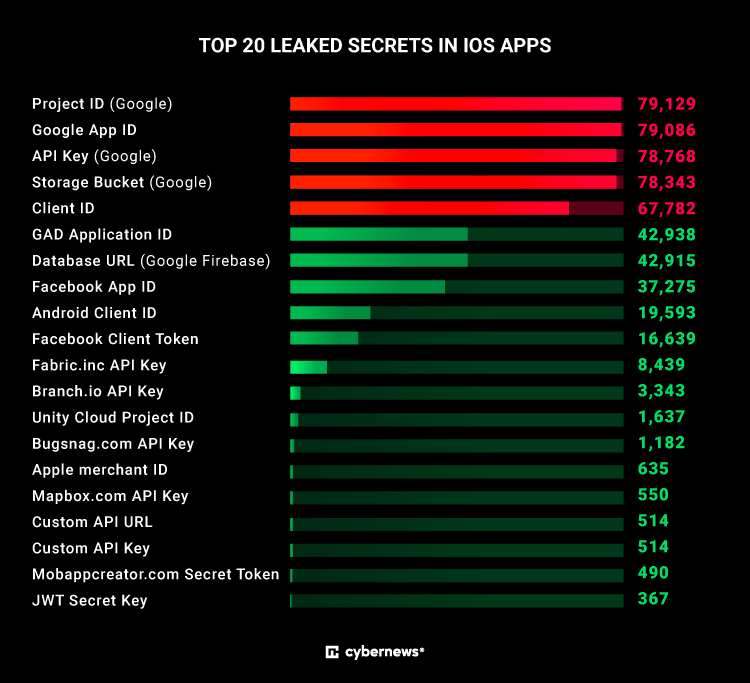
According to a report by Proton, technology giants such as Google, Meta, and Apple have become indispensable instruments for U.S. intelligence agencies and law enforcement. The volume of user data handed over to authorities has surged exponentially in recent years, and these corporations find themselves unable to sever cooperation without jeopardizing their business models.
Between 2014 and 2024, the number of user accounts whose data was disclosed to law enforcement skyrocketed—Google reported a 530% increase, Meta a 675% rise, and Apple a 621% surge. In total, U.S. authorities obtained information on 3.16 million users during this period. Notably, these figures exclude requests made under the Foreign Intelligence Surveillance Act (FISA), which allows authorities to collect data covertly.
Over the past 12 months, available data indicates that U.S. agencies submitted nearly 500,000 requests to Google and Meta—a figure exceeding the combined total of all other nations within the “Fourteen Eyes” intelligence alliance. This underscores how the United States effectively utilizes major IT corporations as a global surveillance apparatus.
Tech companies are compelled to amass vast amounts of user data, as their business models are fundamentally built on targeted advertising. In 2024, a journalist from The Times requested her personal data from Meta and received a staggering 20,000 pages of information, detailing her online activities across websites and applications unrelated to social media.
Once users become part of the Big Tech ecosystem, they effectively lose control over their personal data. Apple, Google, and Meta meticulously track virtually every aspect of an individual’s online behavior, with the ability to share this information with third parties and government entities.
While most data requests nominally require judicial approval, loopholes exist. For instance, FISA requests can be executed without court oversight, and “reverse warrants” enable law enforcement to collect user data without specifying individual suspects.
In recent years, FISA-related data requests have soared—Meta has seen a 2,171% increase, Google 594%, and Apple 274%. These requests are frequently classified, with tech companies legally obligated to comply while remaining barred from disclosing them to the public.
Despite their public commitments to privacy, Big Tech’s financial dependence on advertising prevents them from fully implementing end-to-end encryption. In 2023, advertising revenue accounted for 98% of Meta’s income, 77% of Alphabet’s (Google’s), while Apple has been rapidly expanding its advertising business.
As a result, the U.S. government gains access to vast reservoirs of personal information with minimal oversight, leaving users in a position where their private data is effectively at the disposal of intelligence agencies and corporate interests.


